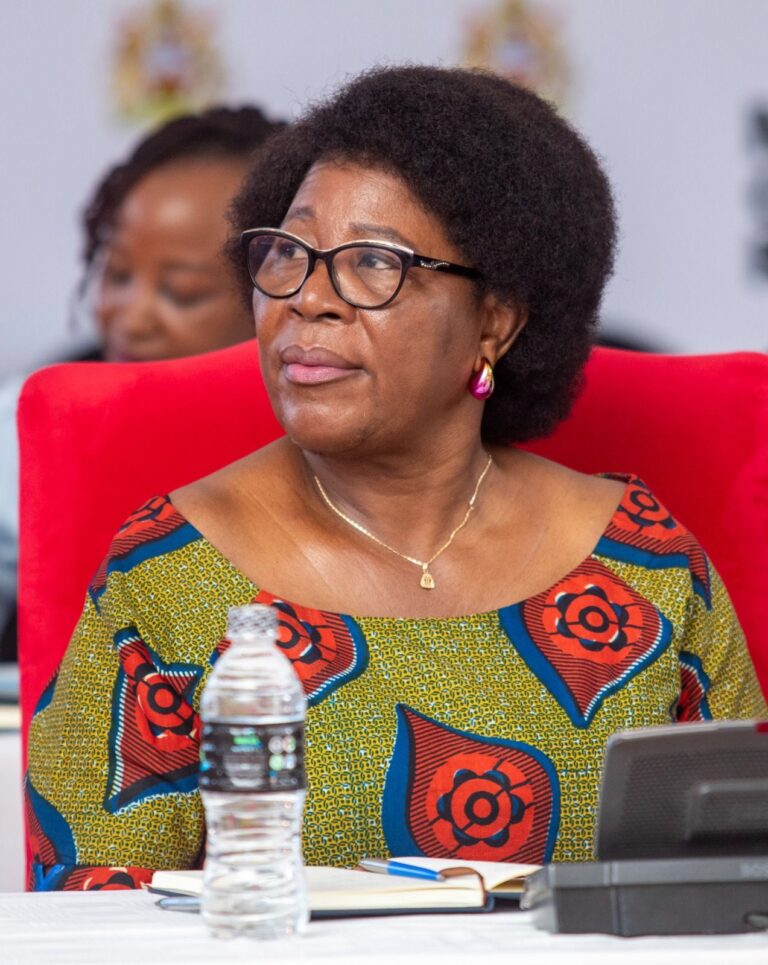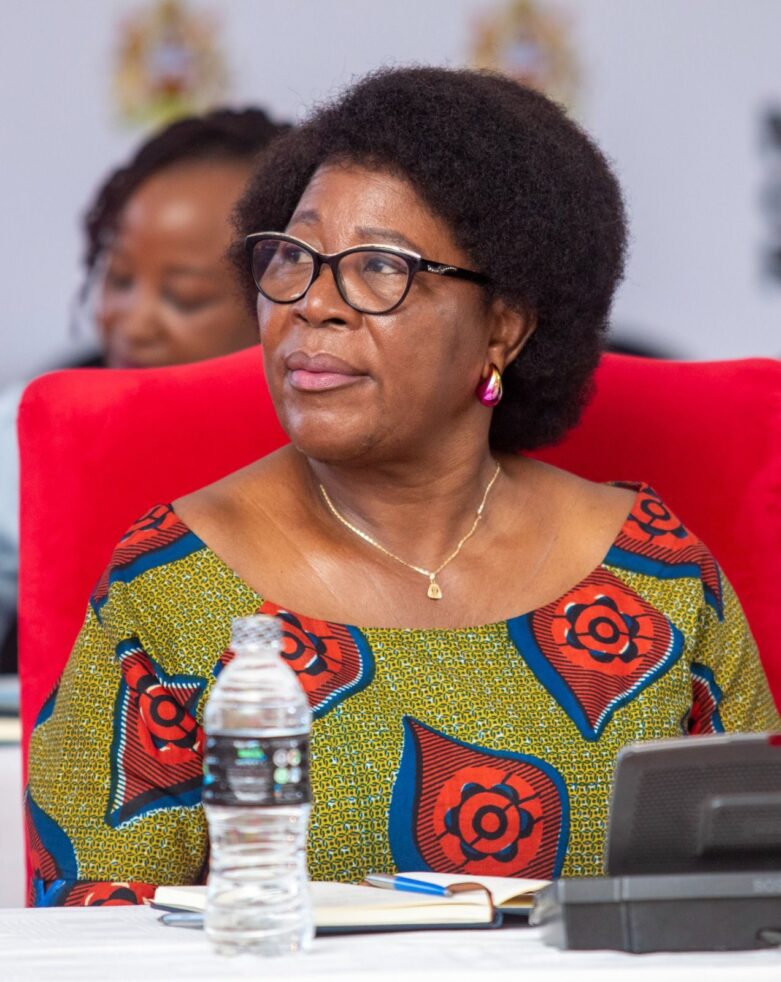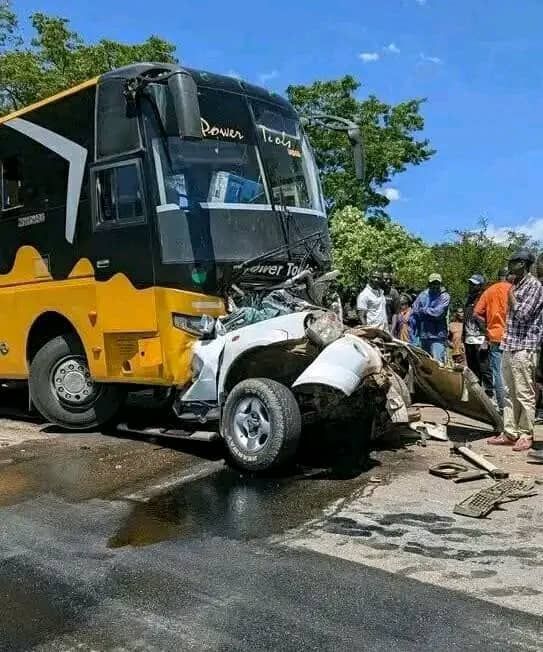By Linda Kwanjana
National Bank of Malawi (NBM) plc has donated K2.8 million to Malawi Business Coalition on Health (MBC-Health) in support of this year’s commemoration of World AIDS Day on 1st December.
Speaking during the cheque presentation on Friday, NBM plc’s Employee Benefits Manager Limbani Chakhoma said the Bank remains a responsible corporate citizen and is committed to being at the forefront of efforts to fight HIV and AIDS.
Chakhoma highlighted the Bank’s HIV policy, which prioritises the health and well-being of its employees.

“We have employees who are equally affected either directly or indirectly. We believe that helping institutions or organizations that are fighting HIV and AIDS is also of paramount importance to us. These policies also guide how we should prevent, control and even help our employees to be treated in terms of HIV and AIDS and other non-communicable diseases,” said Chakhoma.
Chakhoma further disclosed that the Bank has an in-house medical scheme, NABMAS, which enables employees to access ART drugs.
Chakhoma emphasised the Bank’s commitment to supporting people and government efforts to ensure that the right services reach people living with HIV and AIDS.
MBC-Health Chief Executive Officer, Treza Mphwatiwa, expressed gratitude for the Bank’s support.
“We are thankful to NBM plc for supporting this year’s Commemoration of World Aids Day, and making it possible for us to host it,” said Mphwatiwa.
She said that this year’s observance will focus on men, noting that data shows they are the least likely to go for HIV testing.
Mphwatiwa encouraged people to attend the commemoration in Makata, Blantyre, Lilongwe, Salima, NkhataBay and Mangochi, where free health services will be offered.
“Men are usually left behind in terms of HIV and other services. This is because when you ask the men, they say that they do not have time to actually leave their job and go to the health facility to access care,” said Mphwatiwa.
This year’s celebration is under the theme ‘Overcoming disruption, transforming the AIDS response’.








